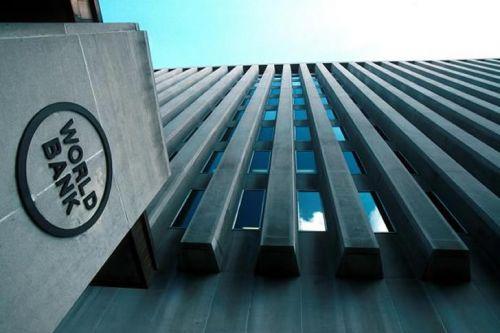WASHINGTON, Feb. 21 (Xinhua) -- Global trade growth is constrained by a number of factors, and policy uncertainty is one of them, the result of a World Bank policy paper showed on Tuesday.
The global merchandise trade grew by a little more than one percent in 2016, the weakest performance since the global financial crisis, and compared to 2 percent in 2015 and 2.7 percent in 2014, according to the paper.
Services trade continued to be to relatively resilient and recovered slightly following a decline in 2015, said the paper.
It also found that the sluggish trade growth was seen in both advanced and emerging market economies, while in previous years the weak trade performance had been concentrated in either high-income or developing countries.
The weak trade growth in 2016 continued to reflect enduring structural factors, such as the maturing of global value chains and the slower pace of trade liberalization. Cyclical factors, such as slow global growth and commodity prices declines, were also leading to the sluggish trade growth.
It also found that the increase in policy uncertainty may have also contributed to trade slowing in 2016. The research found that the increase in uncertainty may have reduced trade growth by about 0.6 percentage points in 2016.
"Policy uncertainty in Europe and the United States had a negative impact on trade by reducing overall global growth," said the paper's authors, World Bank economists Cristina Constantinescu, Aaditya Mattoo, and Michele Ruta.
"In a more uncertain environment, firms may choose to postpone investment and export decisions and consumers may cut back spending. The threat of unraveling trade agreements may also hurt trade growth by adding to policy uncertainty," they said.
The paper also emphasized the importance of trade agreements, saying that recent trade growth would have been even lower in the absence of trade agreements.




 A single purchase
A single purchase









